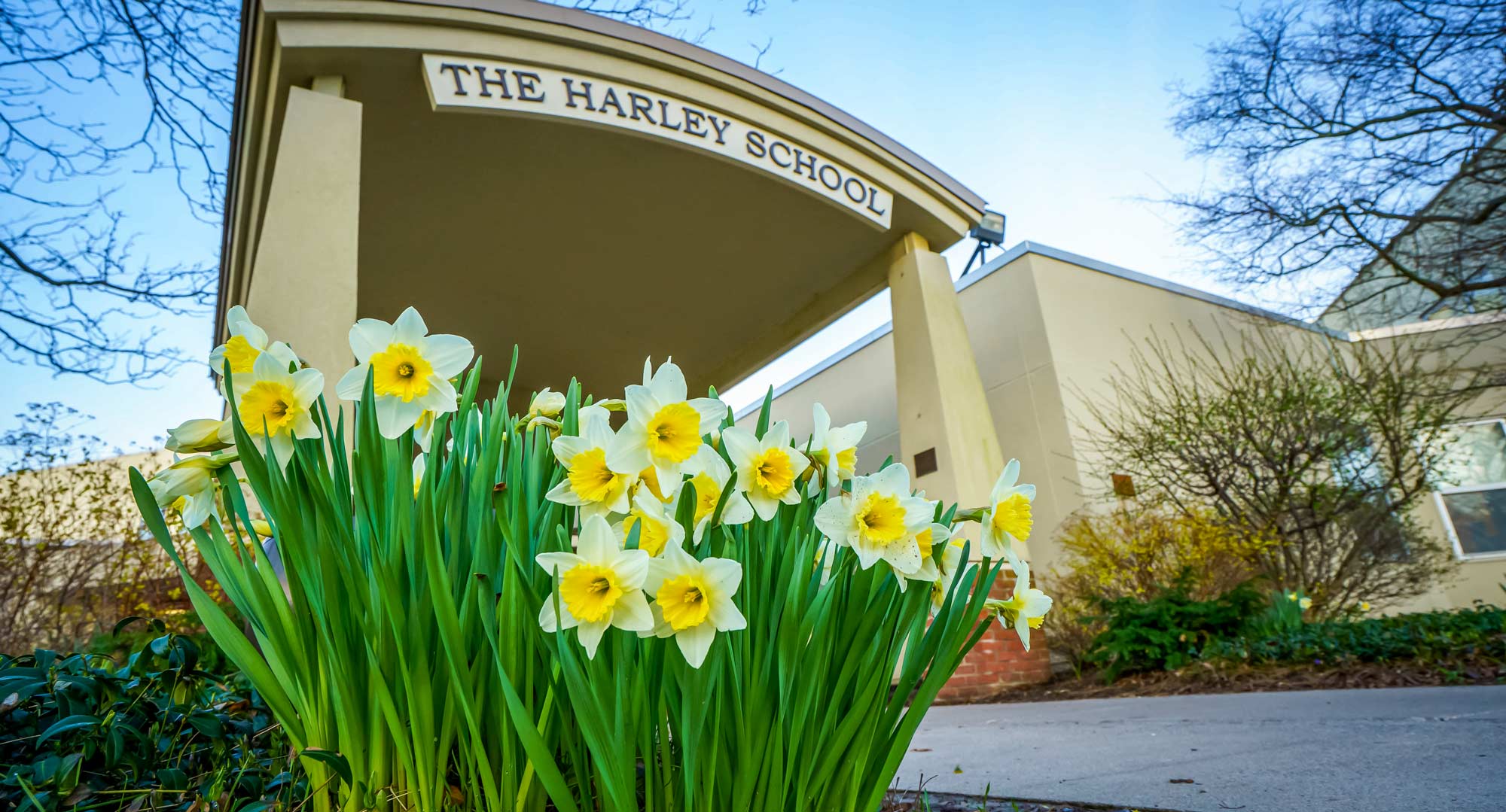Harley Student Counseling

Our N-12 school counseling program is comprehensive in scope, preventive in design, and developmental in nature.
Our Counseling Team Vision: Every student at The Harley School will have access to a school counselor who is empowered with the knowledge, skills, and resources to promote student success in the school, the home, the community, and the world.
The Harley School’s Comprehensive Counseling Program encompasses the values of The Harley School mission and is based in part on the American School Counselor Association’s national model.
Staffing
Each division has a designated counselor who partners with the Head of School, faculty, safety personnel, and divisional leadership.
School counselors create comprehensive school counseling programs that focus on student outcomes, teach student competencies, and are delivered with identified professional competencies. The Harley School’s Comprehensive Counseling Program meets the requirements for non-public schools as part of NYSED law.

Title IX
Harley’s Title IX Coordinators are Mary Pat Cleary and Jonathan Ntheketha.
Training was provided to The Harley School (Summer 2022) by Bond, Schoeneck & King PLLC, covering “Title IX Regulations” and “Knowledge and Skills required of Title IX Coordinators, Investigators and Decision-Makers.”
Counseling Services
Counselors provide services to students, parents, school faculty and staff, and the community in the following areas:
Indirect Student Services
Indirect services are provided on behalf of students as a result of the school counselors’ interactions with others. These include referrals for additional assistance, as well as consultation and collaboration with parents, teachers, other educators, and community organizations.
Parent Services
Parent services include ongoing consultation, communications, and education via newsletters, parent programming, and partnerships with Parent Council and the counseling advisory team.
Direct Student Services
Direct services are in-person interactions between school counselors and students and include the following:
School Counseling Core Curriculum: This curriculum consists of structured lessons and discussions related to social-emotional learning (SEL) topics that advance the knowledge, attitudes, and skills appropriate for students’ developmental levels. SEL is the process through which children and adults understand and manage emotions, set and achieve positive goals, feel and show empathy for others, establish and maintain positive relationships, and make responsible decisions.
The Collaborative for Academic, Social, and Emotional Learning (CASEL) is a trusted source for knowledge about high-quality, evidence-based SEL. The CASEL model provides a framework for social-emotional learning at The Harley School. All students receive group instruction with their divisional counselor and throughout the school’s overall curriculum that focuses on:
- Self-awareness
- Self-management
- Social awareness
- Relationship skills
- Responsible decision-making
Through this framework, students develop the critical skills they need to:
- Understand and manage their emotions: This includes self-awareness, self-regulation, and the ability to cope with challenges in a healthy way.
- Build healthy relationships: Students learn to communicate effectively, empathize with others, and foster positive connections.
- Make responsible decisions: The CASEL framework equips students with critical thinking skills and the ability to make sound choices in complex situations.
Responsive Services: Responsive services are activities designed to meet students’ immediate needs and concerns. These may include counseling in individual or small-group settings, or crisis response.
Individual Counseling
Short-Term Goal-Oriented Sessions: Students can engage in one-to-one sessions, typically scheduled weekly for six to eight weeks, to work on specific short-term goals. These may include developing coping skills, navigating peer conflict, or addressing other immediate concerns.
Intense Emotional Support: We also provide one-to-one sessions for students seeking support to manage intense emotions, offering a safe and confidential space for processing and developing strategies.
Small Group Interventions
Targeted Skill Development: Small group interventions are available for six to eight weeks, focusing on a specific skill or common concern. Examples include managing test anxiety, fostering healthy relationships, and other relevant topics.
Crisis Support
Immediate Assistance: Crisis support is provided for students who are suspected of having self-injurious thoughts and/or behaviors, ensuring immediate and appropriate intervention.
